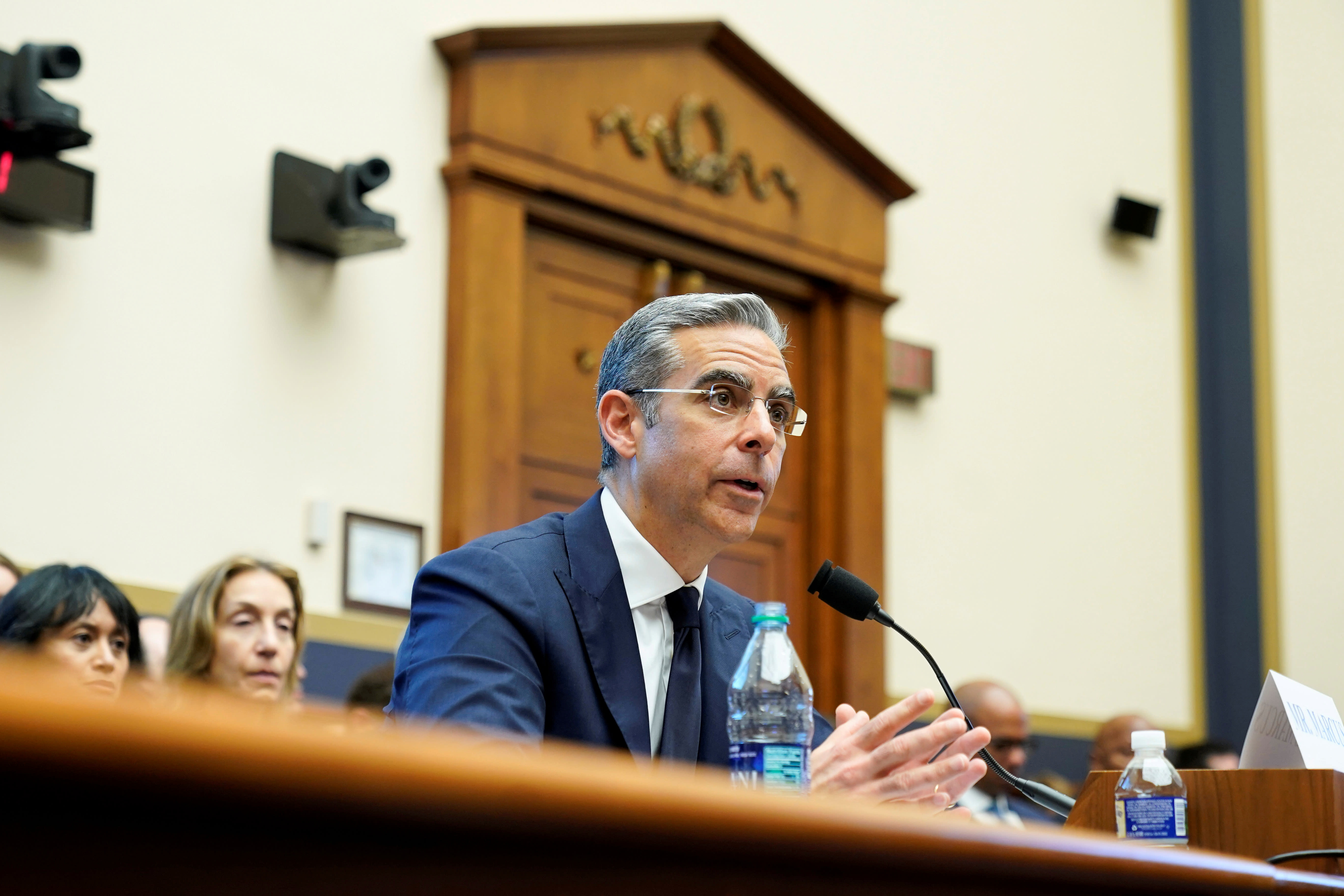
Central bankers from around the world appear to be cautiously approaching Libra, the “low-volatility” cryptocurrency unveiled by Facebook ( FB ) in a white paper in June.As proposed, Libra would be backed by short-term government securities and fiat currency, which users would deposit into the reserve when they exchange their money for units of Libra.
“The idea behind Libra is that sending money should be as easy and secure as sending a message,” Facebook CEO Mark Zuckerberg told Congress on October 23.
But more broadly, Facebook hopes Libra will gain scale internationally.As planned, users of Libra would be able to also avoid expensive transaction fees and foreign exchange costs by sending money across borders.
Some central bankers say that similar technology has already existed in their countries for years.
For example, Mexico has already launched a real-time payments system called the Sistema de Pagos Electrónicos Interbancarios (SPEI) that allows for instantaneous electronic payments.
Mexico’s central bank now wants to expand on that platform with a system, called Cobro Digital (CoDi), that would facilitate payments between users and merchants using a QR code.CoDi launched officially on Sept.
30.
Speaking at a central banking conference on October 20, former Bank of Mexico Governor Agustin Carstens said innovation is already happening.
“You don’t need Libra to face competition,” said Carstens, now the head of the Bank of International Settlements.“The incentives for you to perform and do your job is there.
Everywhere, everyday.”
Kenya and Thailand Facebook Chairman and CEO Mark Zuckerberg arrives to testify at a House Financial Services Committee hearing examining “Facebook and Its Impact on the Financial Services and Housing Sectors” on Capitol Hill in Washington, U.S., October 23, 2019.REUTERS/Yuri Gripas More In some countries, private players are already providing frictionless digital payments as well.
In 2007, telecom giant Vodafone launched mobile-based payments system M-Pesa in Kenya.Using the Safaricom network (which Vodafone has a stake in), M-Pesa has built up a base of over 25 million users as of the end of 2018.
M-Pesa’s rise was not without controversy; a year after it was created the Kenyan finance minister ordered an audit of the system to make sure depositors were safe.Despite heavy lobbying from traditional banks in an effort to shut M-Pesa down, the central bank ultimately allowed M-Pesa to continue growing.
Central Bank of Kenya Governor Patrick Njoroge said at the conference that as a regulator there was no precedent in how to approach setting guardrails on fintech companies like M-Pesa.
“When we moved ahead on M-Pesa and other products that we were working on, we couldn’t look to other countries,” Njoroge said.“We had to create the role ourselves.”
In Thailand, the government partnered with the private sector to build its own real-time payments system.With the help of Vocalink , a Mastercard company, the Bank of Thailand was able to expand its interbank payments provider to create PromptPay.As of the end of 2018, the service reportedly had more than 46 million users.
Veerathai Santiprabhob, the governor of the Bank of Thailand, said at the event that its faster pay system caused “a lot of tension” among the traditional banks in Thailand, noting that income fee-based transfers were a “huge cash cow” for banks.
“We had to decide on the proper market structure to ensure continuing competition that would lead to further innovation,” Santiprabhob said.
“Everything is okay” David Marcus, the head of the Libra project, was also present at the conference and called out the central bankers for believing that “everything is okay.”.
